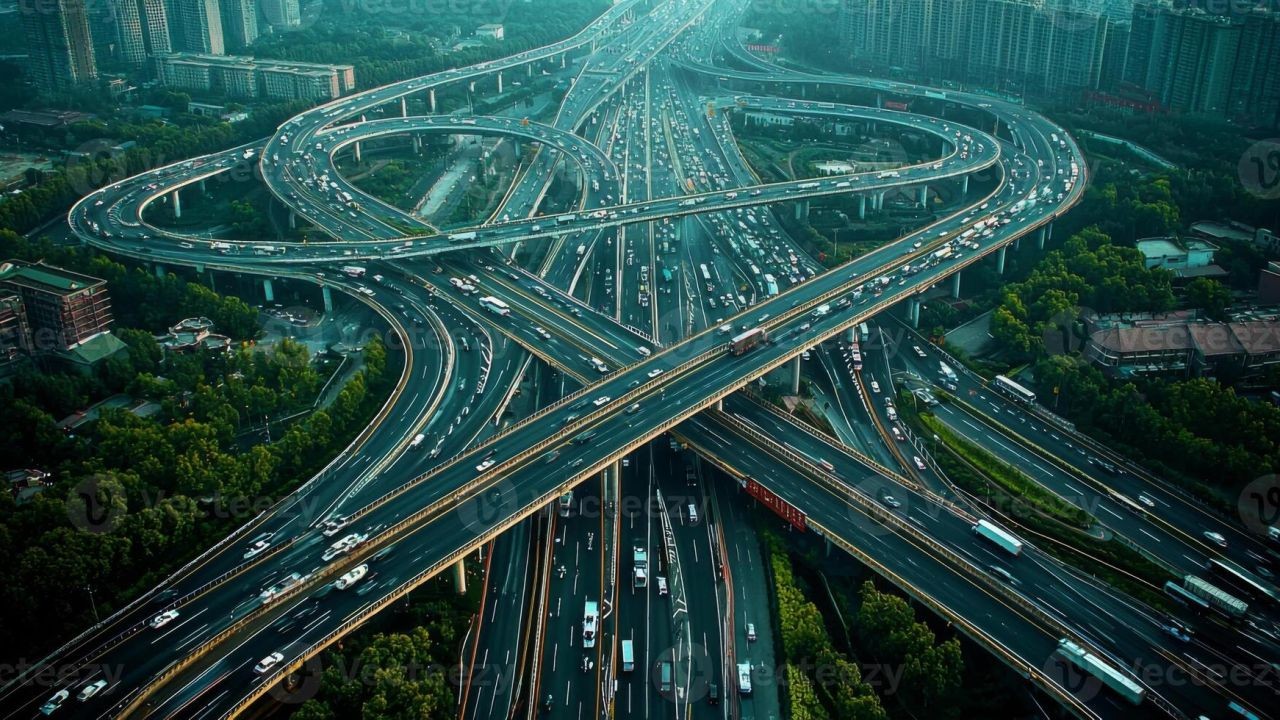<p>New Zealand's economy is a fascinating tapestry of interwoven sectors, with tourism playing an unexpectedly pivotal role. Despite the country's diversified economic landscape, the impact of tourism is both profound and nuanced. While many assume that New Zealand's economic health rests on agriculture or technology, the reality reveals a surprising dependency on tourism. This article delves into five surprising facts about this relationship, offering insights that are both data-backed and contextually relevant to New Zealand.
1. Tourism as a Major Economic Contributor
Tourism is a cornerstone of the New Zealand economy, contributing significantly to GDP and employment. According to the Ministry of Business, Innovation, and Employment (MBIE), tourism directly contributed approximately 5.8% to New Zealand's GDP in 2019. This figure highlights the industry's substantial role in the country's economic framework, surpassing even some traditional sectors like agriculture in terms of direct GDP contribution.
How Tourism Fuels Job Creation
The tourism sector is a significant employer in New Zealand, providing jobs not only in hospitality but also in transport, retail, and entertainment. Statistics from Stats NZ reveal that tourism accounted for about 8.4% of the total employment in the country. This means that nearly 1 in 12 people in New Zealand worked in the tourism industry before the pandemic, underscoring its importance as a job creator.
2. The Impact of International Events
International events have a profound impact on New Zealand's tourism sector. Events like the Rugby World Cup 2011 and the America's Cup have historically driven significant spikes in tourist arrivals, boosting local economies and promoting New Zealand as a global tourism destination.
Case Study: The America's Cup Effect
The America's Cup 2021 is a prime example of tourism's ripple effect. The event attracted thousands of international visitors, which resulted in increased spending across the hospitality and retail sectors. Auckland's hotel occupancy rates soared to pre-pandemic levels, as reported by Auckland’s City Council. This influx of visitors not only boosted immediate economic gains but also enhanced New Zealand's global tourism profile.
3. The Hidden Costs of Tourism Dependence
While tourism brings numerous benefits, it also has hidden costs that can strain local resources and infrastructure. The influx of tourists can lead to overcrowding in popular destinations like Queenstown and Rotorua, affecting the quality of life for residents and the sustainability of natural attractions.
Balancing Growth and Sustainability
New Zealand faces the challenge of balancing economic growth with environmental sustainability. The country has implemented measures such as the Tiaki Promise, encouraging both locals and visitors to care for the environment. This initiative aims to mitigate the ecological footprint of tourism, ensuring long-term sustainability.
4. The Resilience of Domestic Tourism
In the wake of global travel restrictions, domestic tourism has emerged as a vital lifeline for the New Zealand economy. The Tourism Industry Aotearoa (TIA) reported a significant uptick in domestic travel, which helped cushion the blow of reduced international arrivals.
Domestic Travel Trends
Domestic tourists have increasingly explored less-visited regions, spreading economic benefits more evenly across the country. This shift not only supports local economies but also promotes cultural exchange and understanding within New Zealand.
5. Future Projections: Tourism's Evolution
Looking ahead, the future of New Zealand's tourism sector is poised for transformation. With increasing emphasis on sustainable practices, the industry is adapting to global trends and shifting consumer preferences.
Embracing Digital Innovation
Digital innovation is set to revolutionize the tourism experience in New Zealand. Virtual reality tours, AI-driven personalization, and contactless services are expected to enhance visitor experiences while ensuring safety and efficiency. According to a report by NZTech, these technological advancements could increase tourism revenue by up to 15% over the next five years.
People Also Ask (FAQ)
- How does tourism impact New Zealand's economy? Tourism significantly contributes to New Zealand's GDP and employment, accounting for 5.8% of GDP and 8.4% of total employment (MBIE, Stats NZ).
- What are the biggest misconceptions about New Zealand's tourism dependence? A common myth is that tourism primarily benefits urban areas, but rural regions also gain substantial economic benefits.
- What are the best strategies for sustainable tourism in New Zealand? Embracing eco-friendly practices, promoting regional travel, and leveraging digital innovations are key strategies for sustainable tourism growth.
Final Takeaways
- Tourism is a major economic pillar in New Zealand, contributing significantly to GDP and employment.
- International events like the America's Cup have a multiplier effect on the tourism industry.
- Balancing economic growth with sustainability is crucial for long-term success.
- Domestic tourism has proven resilient, supporting local economies during global travel restrictions.
- Digital innovation will drive the future of New Zealand's tourism sector, enhancing visitor experiences.
As New Zealand continues to navigate the complexities of its economic dependence on tourism, the integration of sustainable practices and digital innovations will be crucial for future growth. The insights and strategies outlined here offer a roadmap for policymakers, businesses, and communities seeking to maximize the benefits of tourism while mitigating its challenges. What are your thoughts on the future of tourism in New Zealand? Share your insights in the comments below!
Related Search Queries
- New Zealand tourism statistics 2024
- Impact of COVID-19 on NZ tourism
- Sustainable tourism practices in New Zealand
- Future trends in global tourism
- New Zealand's GDP breakdown by industry
































leopoldodelarg
8 months ago